
Anders J. Skanderup
@anders_js
Computational cancer genomics
You might like
✨Highlighting a @CD_AACR Special Issue Commentary for #AACR24: Precision Endpoints for Contemporary Precision Oncology Trials - by Regina Hoo, @drkevin_chua_lm, @pankajpanda86, @anders_js, & @danieltanmd doi.org/10.1158/2159-8…
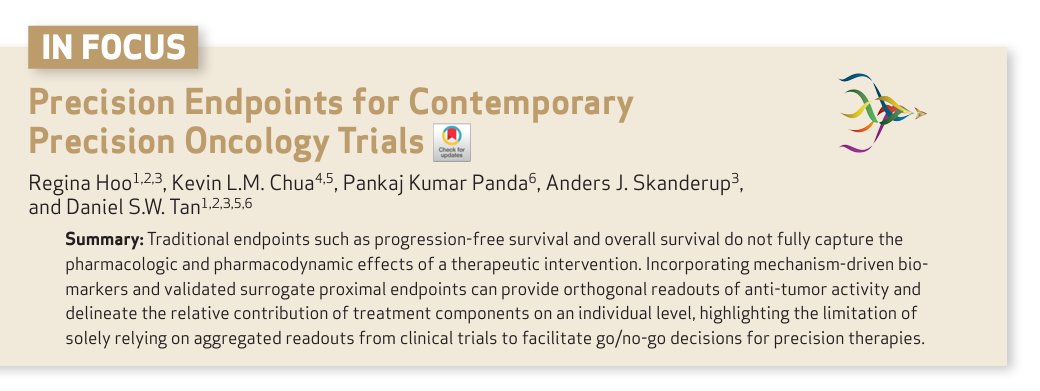
Really clever approach to help understand the impact of broad copy number changes: Cancer aneuploidies are shaped primarily by effects on tumour fitness nature.com/articles/s4158…
Can AI help predict pancreatic cancer earlier? nature.com/articles/s4159… and hms.harvard.edu/news
nature.com
A deep learning algorithm to predict risk of pancreatic cancer from disease trajectories
Nature Medicine - A deep learning algorithm using electronic health records from two large cohorts of patients predicts the risk of pancreatic cancer from pre-cancer disease trajectories up to...
Go cBioPortal ! Lots of new features for easy analytic access to cancer genomics, proteomics and more. Make your own discoveries on community-provided cancer data and analysis tools.
Come learn about cBioPortal at #AACR2023: Talks on Saturday by @NikolausSchultz at 8:30 AM in Room W224 (#NCIITCR session) as well as by Tali Mazor in Room W311 at 8:45 AM (@AACR Project GENIE session), a poster on Tuesday morning, and a booth in the exhibitor space (#1943).
PUREE is a weakly supervised machine learning algorithm that can accurately infer tumor purity from bulk tumor gene expression data: doi.org/10.1038/s42003… @anders_js, @RevkovEgor
nature.com
PUREE: accurate pan-cancer tumor purity estimation from gene expression data
Communications Biology - PUREE is a weakly supervised machine learning algorithm that can accurately infer tumor purity from bulk tumor gene expression data.
Today our important study on air pollutants in the promotion of lung cancer has been published in @Nature led by @WillHilliam @LimEmilia @DrClareWeeden @SwantonLab ...Thread below🧵nature.com/articles/s4158…
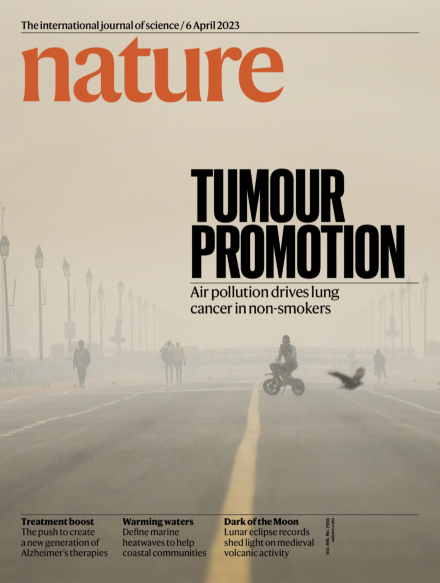
#Fluoxetine (#Prozac) changes so many genes in so many brain regions. Mechanism(s) of action are dizzyingly complex, but some promising themes emerge👇. Long-term collab with @meaneylab et al. Large integrative omics study heroically led by @braincrank_nr. @astar_gis #depression
Ever wondered how the 'happy pill' Prozac impacts the brain? We did too! Delighted to share our study on the effects of fluoxetine (Prozac) on 27 different rodent brain areas. Paper is out in Molecular Psychiatry & available for free reading. nature.com/articles/s4138… A thread 👇🏾
nature.com
Integrative multi-omics landscape of fluoxetine action across 27 brain regions reveals global...
Molecular Psychiatry - Integrative multi-omics landscape of fluoxetine action across 27 brain regions reveals global increase in energy metabolism and region-specific chromatin remodelling
Singapore scientists develop AI-based method to identify cancer mutations buff.ly/3pSJLaf

To update the classification system for #colorectal #cancer, the team analysed 373,000 #singlecells from 141 #tumour samples collected frm 63 patients in SG, BE, S KR. Read: clinicalresearchnewsonline.com/news/2022/08/1…
1 of the deadliest cancers with diverse etiological factors worldwide. We found unprecedented genomic diff. segregating distinctively across ethnicities & stressed the importance of differential disease biology & management in HCC across ethnicities. thno.org/v12p4703.htm
Our recent preprint trying to explore the tricky question of “blood microbiome”! Great work by an amazing intern in the lab @cedriccstan guided by @minghao_chia biorxiv.org/content/10.110…
Is there a human blood microbiome? We unpack and address this existing controversy in our latest preprint (biorxiv.org/content/10.110…). Read on to find out more!
VarNet, a weakly supervised #deeplearning model for somatic #VariantCalling in cancer that does not require human-engineered features or heuristic filters #CancerResearch by @anders_js @kiran__chari et al. go.nature.com/3opGfDM
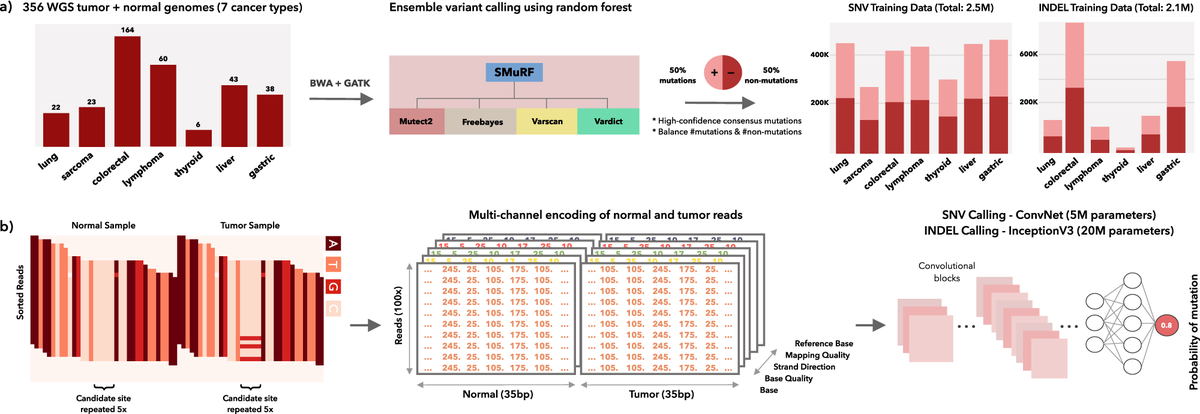
‼️ OUT TODAY @NatureGenet 📰 Single-cell and bulk transcriptome sequencing identifies two epithelial tumor cell states and refines the consensus molecular classification of colorectal cancer 🧑🏿🤝🧑🏼 @iaintan_mdphd @shyam_lab @astar_gis and colleagues 👇🏿 go.nature.com/3bI7ZA8
nature.com
Single-cell and bulk transcriptome sequencing identifies two epithelial tumor cell states and...
Nature Genetics - A single-cell transcriptomic analysis of 63 patients with colorectal cancer classifies tumor cells into two epithelial subtypes. An improved tumor classification based on...
Excited to share our new study and resource on tumor metabolism with @rohatgineha @astar_gis. Using tumor transcriptome deconvolution, we identify metabolic differences of cancer and stromal cells inside tumors. Some expected and unexpected findings ... doi.org/10.1016/j.celr…
Those signatures that were reported in that amazing 18k WGS analysis paper in Science yesterday? They can all be browsed on the amazing Signal resource portal! signal.mutationalsignatures.com. 😎
Effective drug combinations in breast, colon and pancreatic cancer cells. 2025 drug combinations vs 125 cancer cell lines 😮nature.com/articles/s4158…
nature.com
Effective drug combinations in breast, colon and pancreatic cancer cells
Nature - A survey of potency and efficacy of 2,025 clinically relevant two-drug combinations against 125 molecularly characterized breast, colorectal and pancreatic cancer cell lines identifies...
Wonderful portal that enables exploration of the phenomenal Hartwig metastatic cancer WGS/RNAseq cohort.
Pleased to announce our novel catalog interface of the Hartwig database with whole genome sequenced tumor genomes: catalog.hartwigmedicalfoundation.nl. Currently more than 5,000 patients, including treatment and response data. Plus RNA-seq data for more than half of the patients.

Collaboration with Sjoerd van Hagen, Sander Rodenburg and Elena Garcia Lara @TheHyveNL and Augustin Luna @canninl - more to come as CPTAC enters its next phase. Go proteomics in cancer profiling!
We added several new studies from @NCItreatment's Office of Cancer Clinical Proteomics Research CPTAC project, with protein and phospho-protein levels from 892 samples across 7 cancer types. Thanks to @TheHyveNL for the curation help.
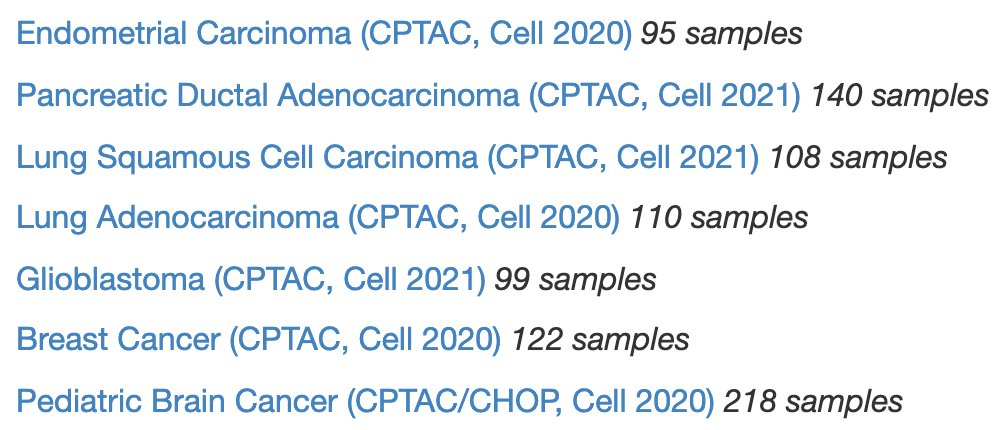
Excited that our paper is online! Highlights how pervasive lineage transition occurs at a transcriptomic level in T790M neg resistance, suggesting the potential for tissue-based integrative analysis to forecast resistance trajectories in EGFR M+ NSCLC. clincancerres.aacrjournals.org/content/early/…
New paper by @anders_js @GuanhuaPeterZhu @astar_gis shows that nucleosome-dependent degradation and 6 regulatory regions are predictive of #circulating #tumour #DNA burden throughout #cancer #progression #CancerResearch @NatResCancer go.nature.com/3uSbKYl

United States Trends
- 1. D’Angelo 338K posts
- 2. Charlie 638K posts
- 3. Erika Kirk 68.5K posts
- 4. Young Republicans 24.4K posts
- 5. Politico 202K posts
- 6. #AriZZona N/A
- 7. #PortfolioDay 21.6K posts
- 8. Jason Kelce 5,167 posts
- 9. Pentagon 109K posts
- 10. Presidential Medal of Freedom 88.5K posts
- 11. Big 12 14.1K posts
- 12. George Strait 4,949 posts
- 13. #LightningStrikes N/A
- 14. Burl Ives N/A
- 15. Kai Correa N/A
- 16. Drew Struzan 35.7K posts
- 17. NHRA N/A
- 18. Scream 3 1,043 posts
- 19. Milei 314K posts
- 20. Brown Sugar 24.4K posts
You might like
-
 Jonathan Göke
Jonathan Göke
@JonathanGoeke -
 A*STAR Genome Institute of Singapore (A*STAR GIS)
A*STAR Genome Institute of Singapore (A*STAR GIS)
@astar_gis -
 Nicholas McGranahan
Nicholas McGranahan
@NickyMcGranahan -
 Shyam Prabhakar Lab
Shyam Prabhakar Lab
@shyam_lab -
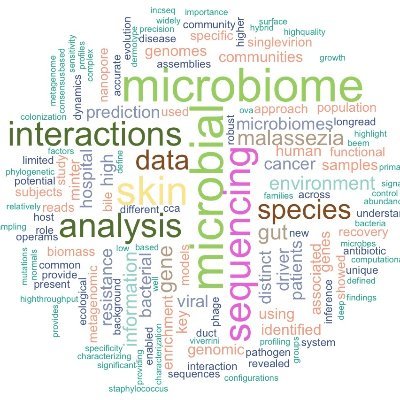 Chenhao Li
Chenhao Li
@li_chenhao -
 Ankur Sharma
Ankur Sharma
@asharmaiisc -
 Niranjan Nagarajan
Niranjan Nagarajan
@NiranjanTW -
 Weiwei Zhai
Weiwei Zhai
@weiwei_beijing -
 Ramanuj Dasgupta
Ramanuj Dasgupta
@DasguptaRam -
 Alejandro (Alex) Chacon
Alejandro (Alex) Chacon
@achacond
Something went wrong.
Something went wrong.




















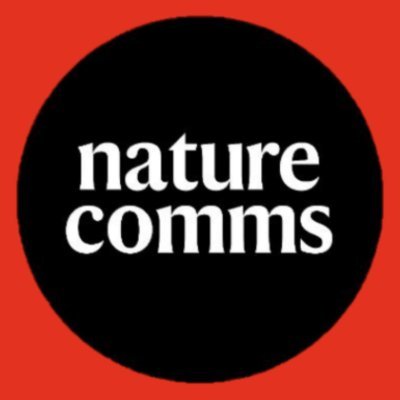



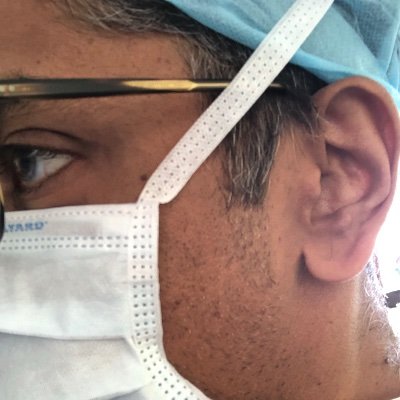







































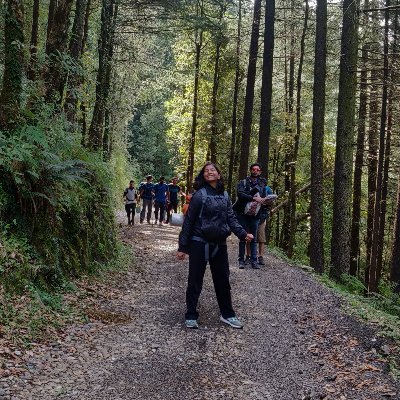












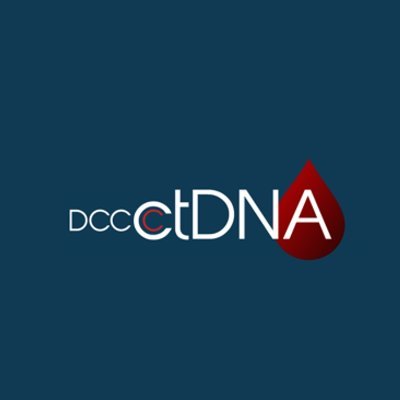





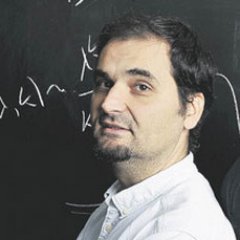



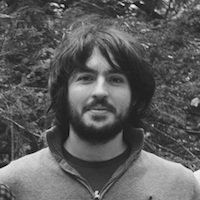




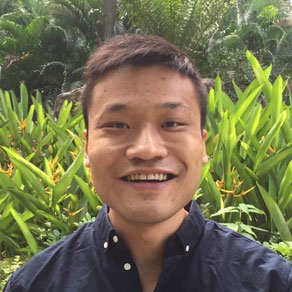


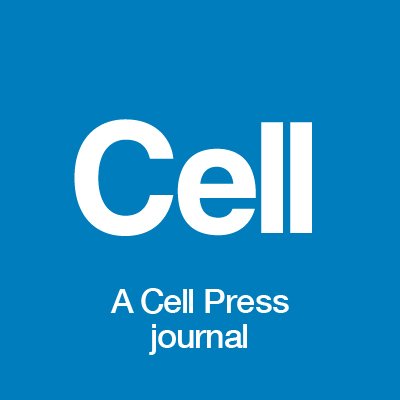



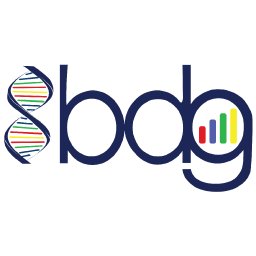






![notSoJunkDNA's profile picture. Director, Computational Biology. [nrobine]@nygenome[.org] RNA-Seq / Cancer Genomics / anything NYC / mostly in English, sometimes in French.](https://pbs.twimg.com/profile_images/1455189540335931393/YncNZBxK.jpg)

